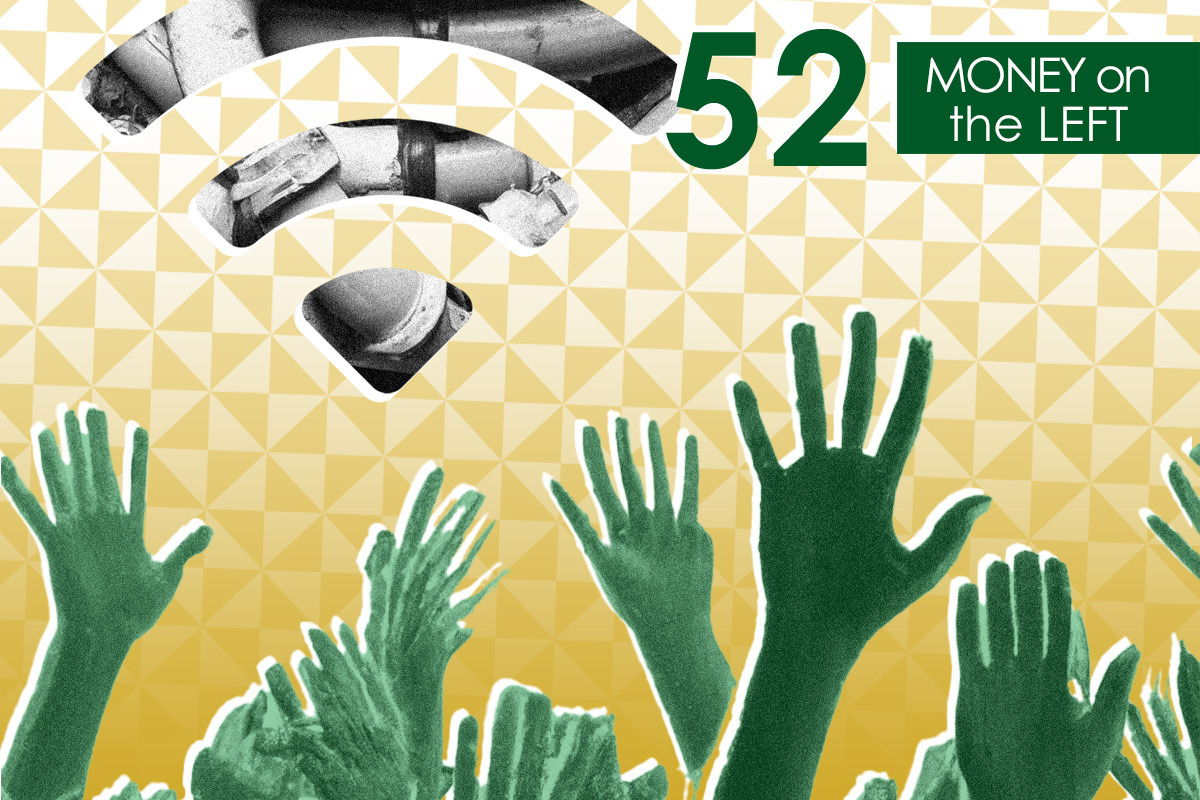Is the era of technophiles and technolibertarianism over? Depending on how you look at it, techies Sam Bankman-Fried and Elon Musk have either succeeded or failed not only in their business, but throughout the industry. As the city's industrial currency and new plaza emerged, there was sudden applause that private technology could replace traditional government functions.
After the collapse of FTX and the collapse of the Twitter verification system, where do you want to get reliable currency and public information? A shoddy cryptocurrency where even the legitimate ones go bankrupt when competitors resort to the old “run on the bank”? A social media platform where even a new "town square" can turn into chaos when the new owner wants to make a quick buck?
Investors are likely to keep an eye on the recovering US dollar and current Treasuries amid signs of inflation weakness, as well as the expectation of intervention from the Department of Justice, the Securities and Exchange Commission (SEC) and other government long-term custody agencies. clean things up...
Google Pages
Google Pages
Google Pages
Google Pages
Google Pages
Google Pages
Google Pages
Google Pages
Google Pages
Google Pages
Google Pages
Google Pages
Google Pages
Google Pages
Google Pages
Google Pages
Google Pages
Google Pages
Google Pages
Google Pages
I'm not crazy. I started making Radio Shack kits in the 1970s, learned mainframe programming in the 1980s, and have since introduced every major innovation except social media. The economy never made sense to me until the big boring "you are the product" who needs that? We've read premature tech obituaries before. In fact, we certainly will not go back to the previous stage of technology.
But technolibertarianism, the thrill of an old-fashioned sovereign state going the way of the dinosaurs, technology, an unrestricted free market, and full-fledged libertarianism ready to unleash a utopia of freedom, choice, and self-determination, just might be. reached a new high. The problem has always been that profits are more important than trust, and income and "productivity" are more important than infrastructure and stability. Business is business and no one should blame them. Profit is the goal of shareholders, and modern companies are designed to maximize it by excluding alternative ESG measures. However, companies do not operate in a vacuum. This is guaranteed by a playing field built on a neutral infrastructure that is sufficiently trusted by all players.
Currency is an important part of the trading infrastructure. The SEC has refused to regulate cryptocurrencies for too long and now the chickens are home. Billions of dollars are at stake. If FTX is the “Lehman moment” for cryptocurrencies, it may be too late for the SEC to take meaningful action and it is time for Congress to act. If so, this could be the last showdown between the geopolitical state and techno-libertarian ideology, where flexible and decentralized technologies can escape these "old world" institutions.
Can governments tame cryptocurrencies? This is likely to require international cooperation through treaties. But can the world's great powers unite to succeed in a world of heightened geopolitical tensions and a struggle for technological leadership?
Reliable sources of information are equally important for businesses. Attacks on “mainstream media” strengthen the position of alternative news sources like Twitter. The mainstream media, of course, is populated mostly by non-profit organizations. But with the start of state regulation of radio and television, new sources of information are beholden not only to investors, but also to governments. Will the government finally be able to tame social media? We have to find out, because it is impossible to have a carnival night in the new town square where we don't know who is real and who is not. ride. Nation. Again, not just congressional intervention, but international cooperation and agreements to review regulations and protect infrastructure.
These may not be the days of the sovereign nation of the past, but the days of the technical brothers. Some things (warts and all) stick around because they have proven their value in the long run. New shiny and shiny objects sometimes fade in the sun and are thrown to the next. I am sympathetic to libertarianism and can't stand outrageous rules. However, the basic infrastructure necessary to secure ownership, acquisition, business and investment cannot be safely provided by the unregulated private sector alone.
With the collapse of FTX and Twitter, traditional governments could be the big winners: we need them to take on the dual responsibility of providing essential currency, data, and regulatory infrastructure so businesses and economies can thrive. .
Sean M. O'Connor is Professor of Law and Executive Director of the Center for Intellectual Property and Innovation Policy at the Law School. Antonina Scalia of George Mason University. He is a Visiting Professor at Boston College Law School and teaches contract regulation, corporations, and securities.


Post a Comment